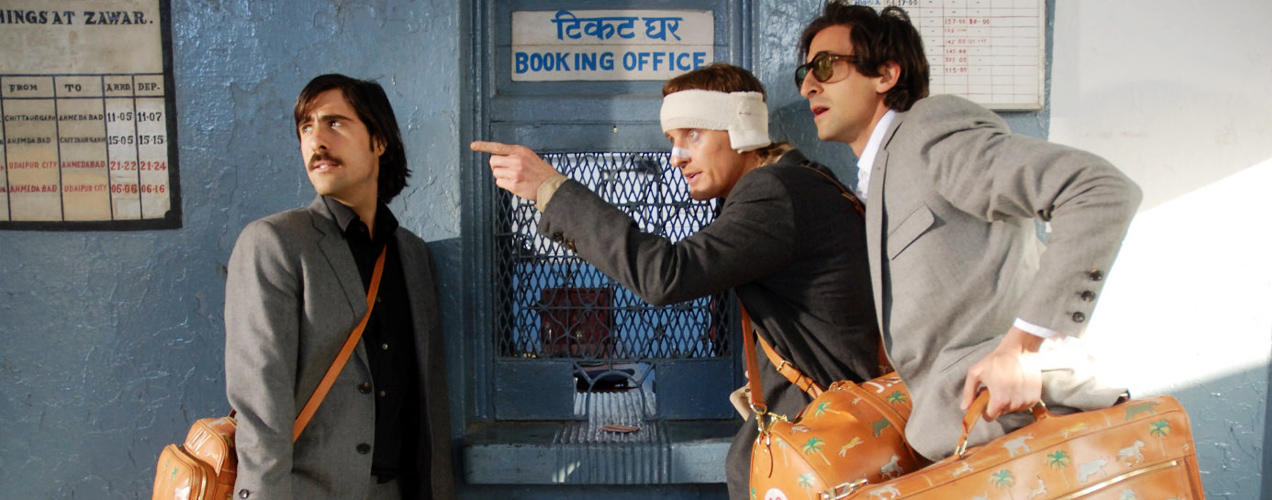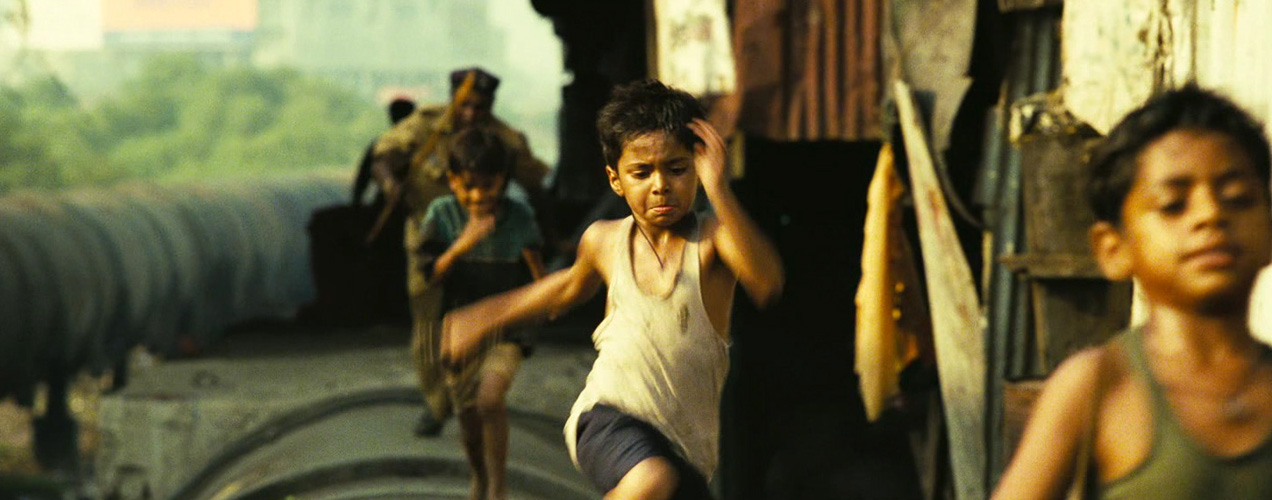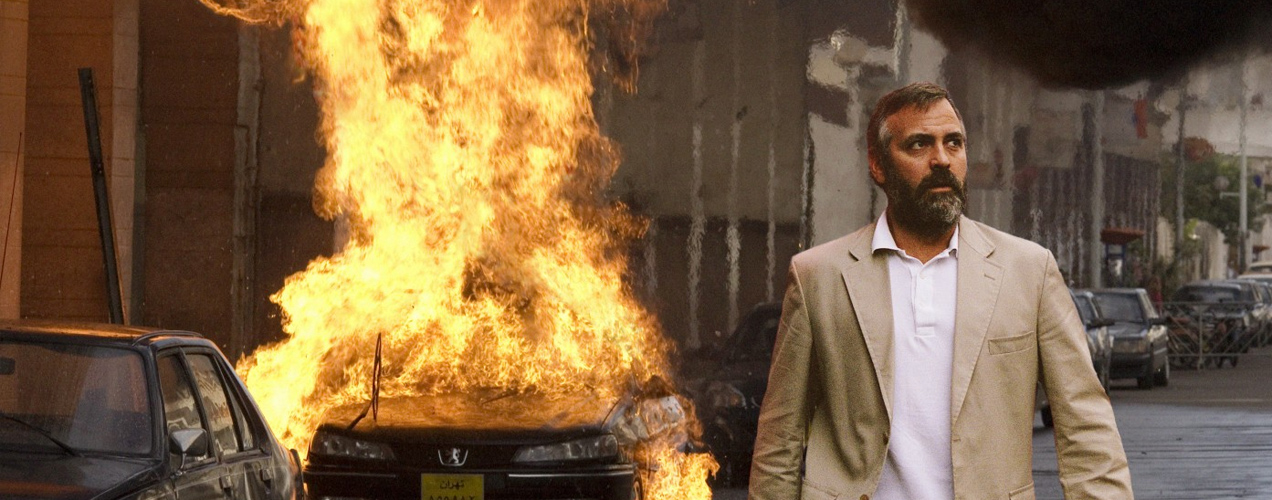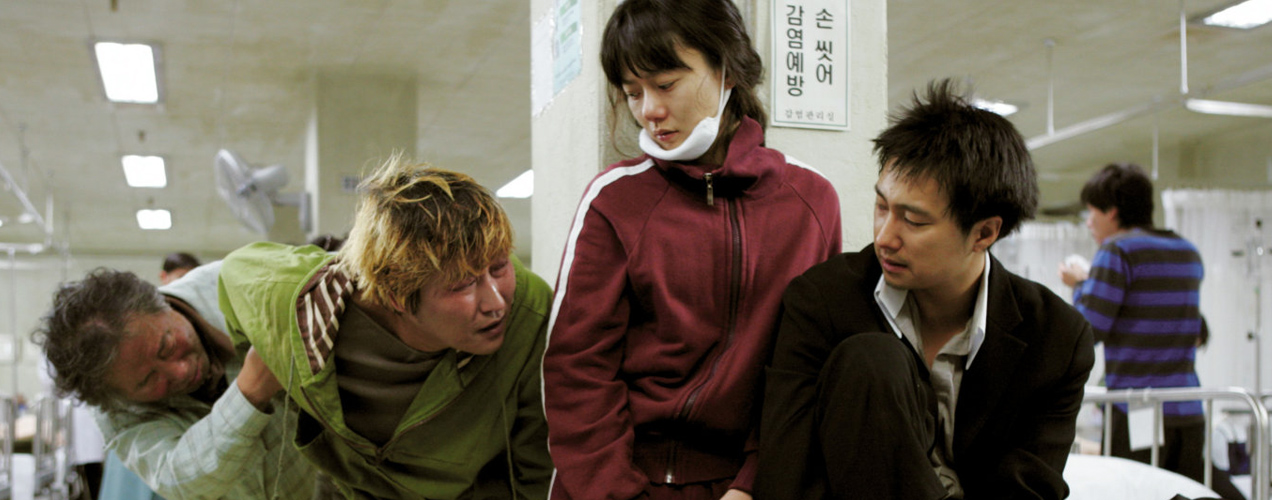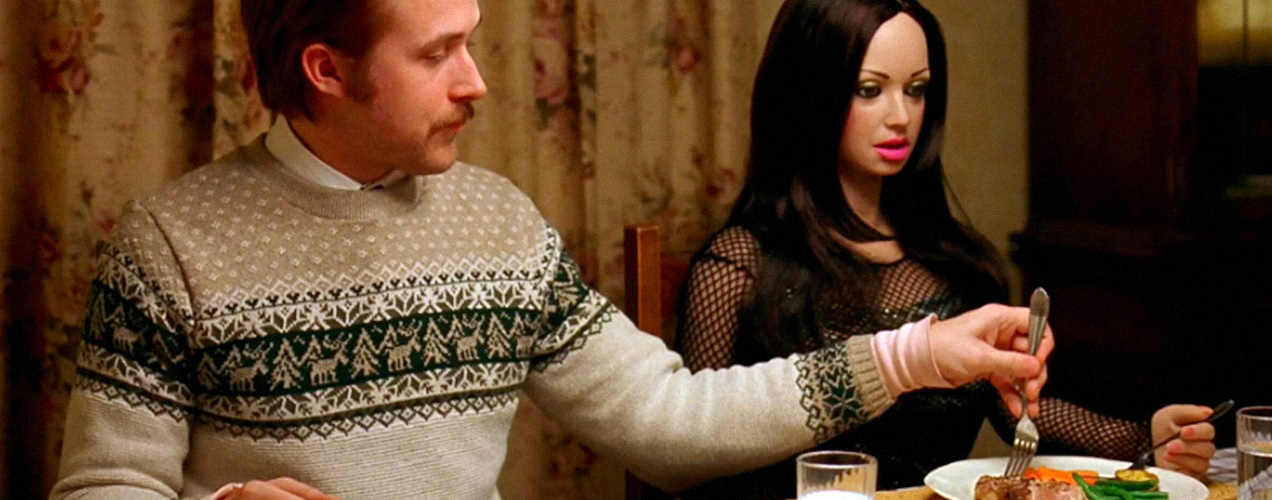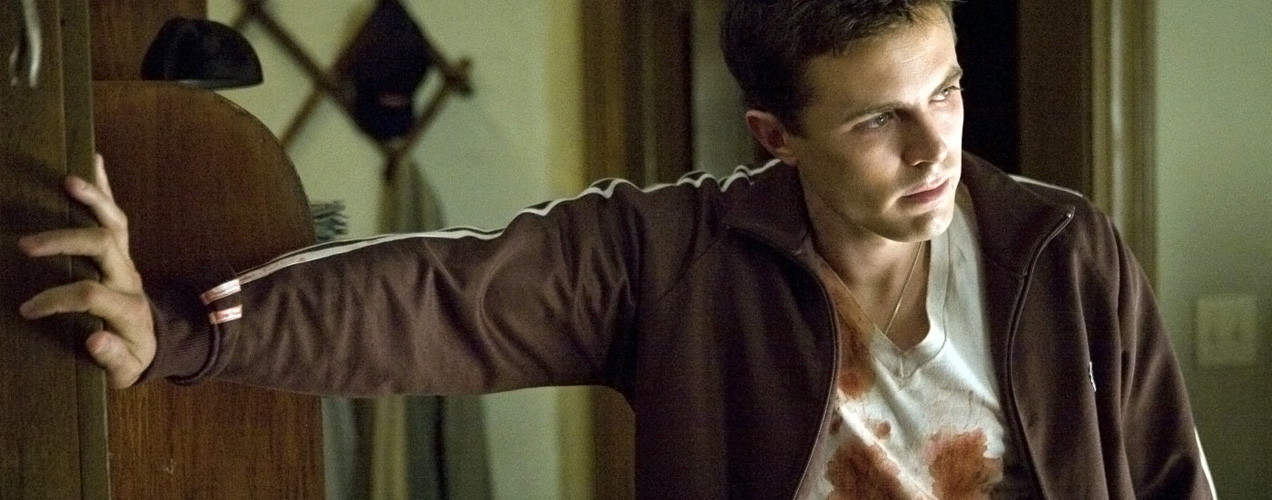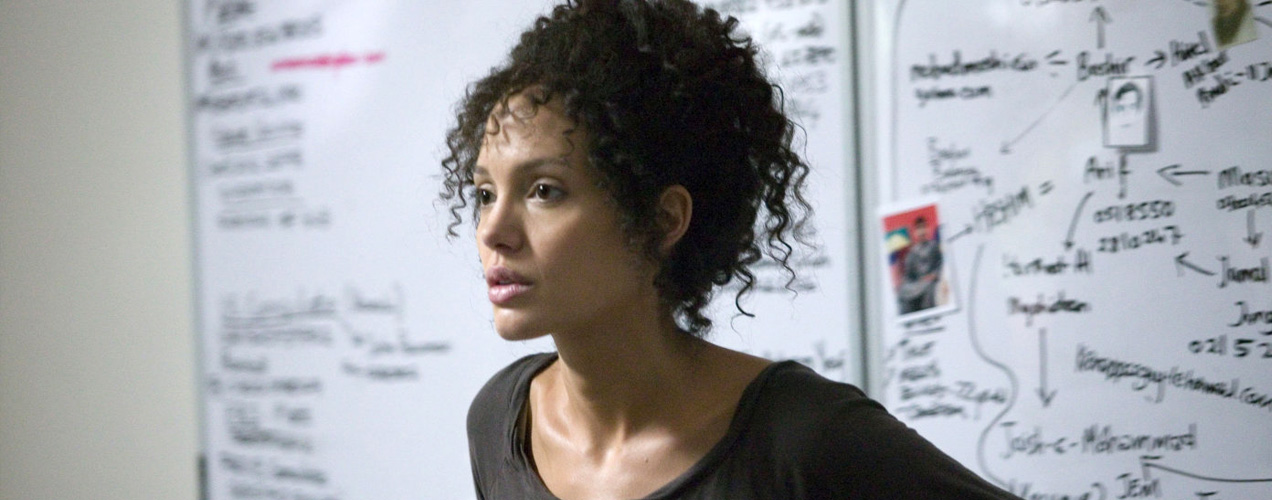2007 / Wes Anderson > Anderson knows how to seduce me. Emotionally, visually, with music and wonderment, the man has a certain style that gets me at the core. Even now, several months after having seen The Darjeeling Limited for the first time, I can’t forget the The Kinks’ “This Time Tomorrow” and the opening sequence it accompanies. It has, in this short time, become one of the most memorable film moments of my life. But unlike The Life Aquatic with Steve Zissou, the thematics presented here are considerably more universal.
We’re all in search of something, always. After we find one thing, we realize we’re missing something else. The brothers in the film search for ways to deal with loss, love and redemption using their own paths. But one thing leads to another, and things are never as simple as they seem. Ironically, this leads to my primary qualm about the film: Several times the movie seems to end only to continue on. Pacing becomes an issue until we realize we’re like that too. Sometimes the journey is the solution in itself, and sometimes it doesn’t end when you think it ought to. The Darjeeling Limited is an experience that sticks, moreso than any Anderson film, in those small spaces in your mind that keep hope alive.

